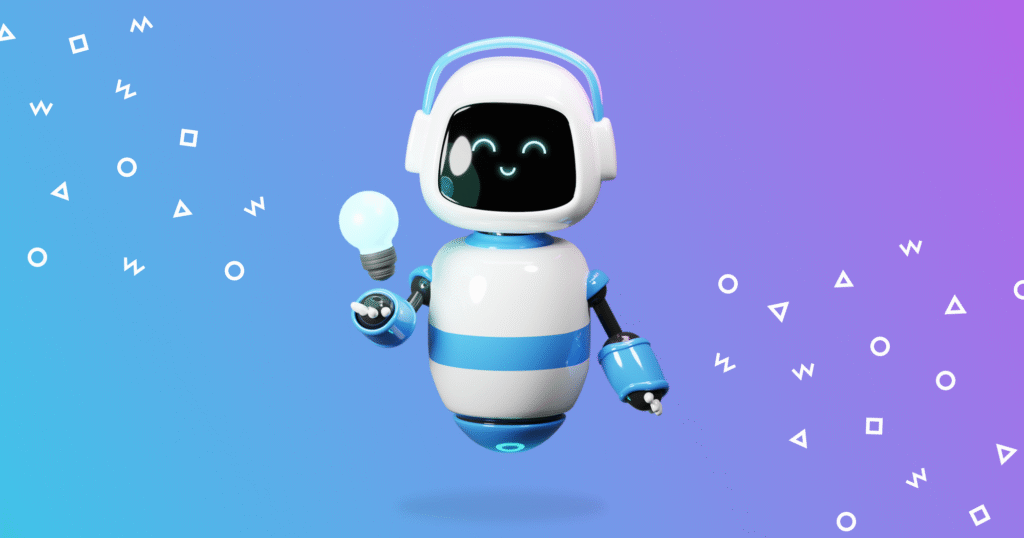The Rise of AI Companions: How Virtual Beings are Transforming Digital Friendships

The Rise of AI Companions: How Virtual Beings are Transforming Digital Friendships
The digital landscape is evolving at an unprecedented rate, reshaping how humans engage with technology and each other. One of the most fascinating developments in this evolution is the rise of AI companions—virtual beings designed to offer companionship and build friendships through digital means. These AI companions are redefining the concept of friendship, presenting new possibilities and challenges in digital social interactions. In this article, we explore how these virtual beings are transforming digital friendships and the implications of their growing presence in our lives.
—
Understanding AI Companions
AI companions are sophisticated programs powered by artificial intelligence that can simulate human-like interactions. These virtual beings are capable of learning from user interactions, adapting their communication style, and expressing emotions in a relatable way. Unlike traditional AI applications, which are primarily task-oriented, AI companions are designed to foster emotional connections with their users.
Some of the popular AI companions available today include Replika, a chatbot that creates conversation through natural language processing, and Xiaoice, an AI developed by Microsoft that gained immense popularity in China for its empathetic engagement. These platforms have not only entertained users but also provided a sense of companionship and emotional support.
—
The Appeal of AI Companions
The increasing interest in AI companions can be attributed to several factors. First, the rise of smartphone usage and internet accessibility has made it easier than ever to interact with digital entities. As people spend more time online, the desire for seamless digital companionship has grown accordingly.
Furthermore, AI companions offer a non-judgmental and customizable form of interaction. People can engage with these virtual beings without fear of social stigma or rejection, which is particularly appealing to introverts or those suffering from anxiety. AI companions provide a safe space where individuals can express their thoughts and emotions freely.
Additionally, the global COVID-19 pandemic played a significant role in accelerating the demand for AI companions. With people confined to their homes and social interactions limited, virtual beings became an accessible alternative for maintaining social connections and alleviating loneliness.
—
The Role of AI Companions in Mental Health and Wellbeing
AI companions are not only transforming digital friendships but are also being recognized for their potential to enhance mental health and wellbeing. Many users have reported decreased feelings of loneliness and improved mood after interacting with virtual companions. These AI entities act as a sounding board for users to express their thoughts, providing empathetic responses and active listening without the need for social etiquette.
For instance, Woebot, an AI-driven mental health chatbot, uses cognitive behavioral therapy techniques to engage users and assist them in managing anxiety and depression. Its success highlights the potential of AI companions in offering mental health support, making therapeutic techniques more accessible to a broader audience.
However, it is important to remember that AI companions are not substitutes for professional mental health services. They can complement traditional therapeutic methods but should not replace human intervention when necessary.
—
Challenges and Ethical Considerations
While the rise of AI companions offers numerous benefits, it also presents challenges and ethical considerations. One of the primary concerns revolves around data privacy and security. These virtual beings collect vast amounts of personal data to tailor their interactions, raising concerns about data misuse and security breaches.
Moreover, the emotional dependency that users may develop towards AI companions is a critical issue. Relying on virtual friendships might inhibit real-world social interactions, potentially leading to social isolation. It is crucial to strike a balance between digital companionship and physical human connections.
AI developers must also address the ethical implications regarding the programming and biases of these virtual beings. Ensuring that AI companions do not perpetuate harmful stereotypes or provide misleading information is essential to maintaining trust with their users.
—
Future Prospects of AI Companions
As technology advances, the capabilities of AI companions are expected to grow, offering even more immersive and interactive experiences. Integration with virtual reality (VR) and augmented reality (AR) could revolutionize how users perceive and interact with their digital friends, creating a more tangible sense of presence.
In addition, the role of AI companions in education, customer service, and healthcare is likely to expand. By providing personalized interactions, AI companions can become valuable tools in engaging and supporting users across various industries.
Developing AI companions equipped with emotional intelligence and cultural awareness will be crucial in their evolution, ensuring relevancy and acceptance by a diverse global audience.
—
Conclusion
AI companions are transforming digital friendships by redefining how people form and maintain social connections. Through AI-driven interactions, these virtual beings offer companionship, emotional support, and entertainment, catering to the modern digital lifestyle. However, as AI companions become more integrated into our daily lives, addressing ethical considerations and balancing digital and real-world interactions are vital. The future of AI companions is promising, and as technology continues to evolve, the potential to enrich human lives will undoubtedly expand, providing new dimensions to digital companionship.










